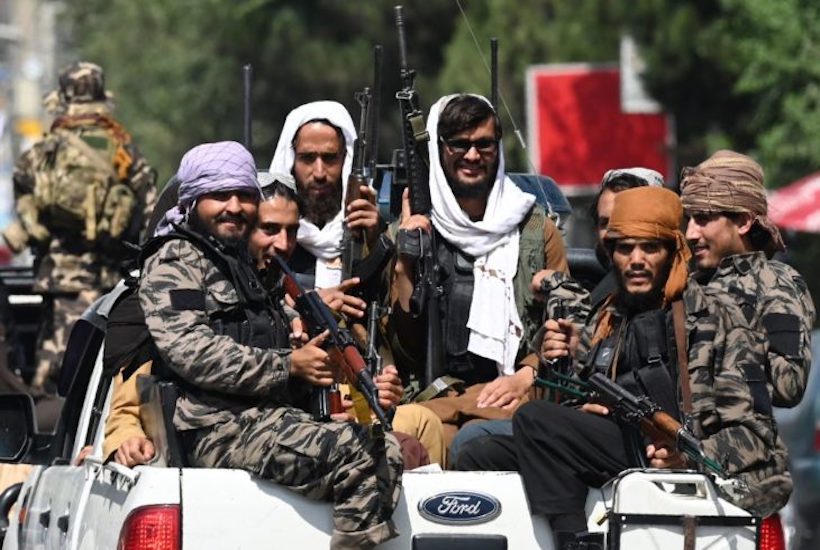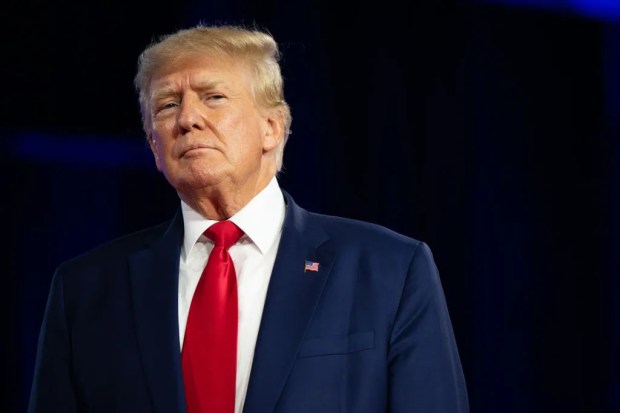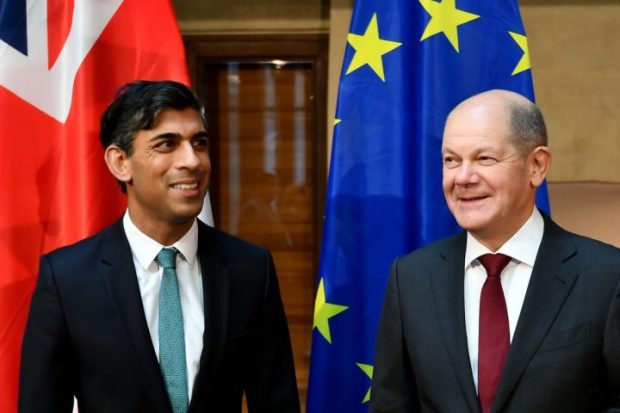The late Edward Said invented, or at least brought into vogue, the notion of Orientalism. For a time this became the big boo word in academia, a handy phrase for casting a variety of writers, ranging from Jane Austen to Charles Dickens to Joseph Conrad, into the abyss for their putative imperial cast of mind when it came to depicting the inhabitants of the further reaches of the British empire.
But soon enough, as a recent and lengthy erudite review in the London Review of Books noted, Said apparently found himself accused of the very same sin by the cultural revolutionaries that he had exposed. It turned out that the founder of Orientalism was (gulp) an Orientalist. My, my. For a certain type of westerner, no amount of self-abasement can ever constitute condign punishment for the sins of the past, as the serial trashing of statues of Winston Churchill and other worthies indicates.
But if Said highlighted one form of Orientalism, there is also another variety. The flip side of the agony of the anxiety of imperial influence is reversing the hierarchy. It involves conferring a kind of superiority on the natives of foreign lands who allegedly possess a superiority to their feckless western counterparts.
A classic example of this arrived this week in the form of an interview with a member of the Taliban in the Swiss publication Die Weltwoche. It was entitled ‘How we beat America’. Not ‘how we bested’ or ‘how we outlasted,’ but beat. In it, Uqab Afghan Alhanafi offers a remarkably self-indulgent portrait of the war. There is something more than a little nauseating about being lectured to by this blowhard about the innate superiority of the Taliban to the West. Call it reverse Orientalism.
He provides what amounts to a fairytale about the war, one reminiscent of the accounts that credulous western journalists would retail about Stalin or Mao or Castro or Ho Chi Minh and their rises to power. He places the blame for America’s retreat on a lack of moxie by American soldiers, while the Taliban had the true fighting spirit. But the truth is that it was Afghanistan’s own fissiparous tendencies that fatally undermined the American mission.
He goes on to stress the facade of the egalitarian spirit of the Taliban movement. He explains, ‘What fascinates me about the Taliban is the unity, the commitment, the enthusiasm, and the confidence in them to defeat the occupiers. It is incomparable in terms of logistics. There is no ranking. One day I am a soldier, one day I’m an officer, one day I’m a journalist. We are all volunteers.’ No mention is made if the violence that sustained the Taliban other than to mention that ‘the most important weapon for the Taliban was the suicide bomber.’ Fancy that.
Alhanafi also underscores the benign intentions of the Taliban. ‘If those Afghans who have left now want to come back to Afghanistan with a passport,’ he says, ‘they are most welcome. We have no problems with the journalists, the aid workers. Anyone who is not military can come back anytime for investments. If they want to work with Afghanistan and for our people, they are most welcome.’ He adds, ‘freedom of opinion band media is important for us’ — within limits prescribed, of course, by the Taliban. Women can work — but only in restricted areas. And so on.
Perhaps President Biden will be able to cut a deal, sotto voce or openly, with the Taliban as he seems intent on doing, no matter what his detractors may say. But if the Weltwoche interview is anything to go by, they have not changed their stripes. Quite the contrary.
Got something to add? Join the discussion and comment below.
Get 10 issues for just $10
Subscribe to The Spectator Australia today for the next 10 magazine issues, plus full online access, for just $10.




















Comments
Don't miss out
Join the conversation with other Spectator Australia readers. Subscribe to leave a comment.
SUBSCRIBEAlready a subscriber? Log in